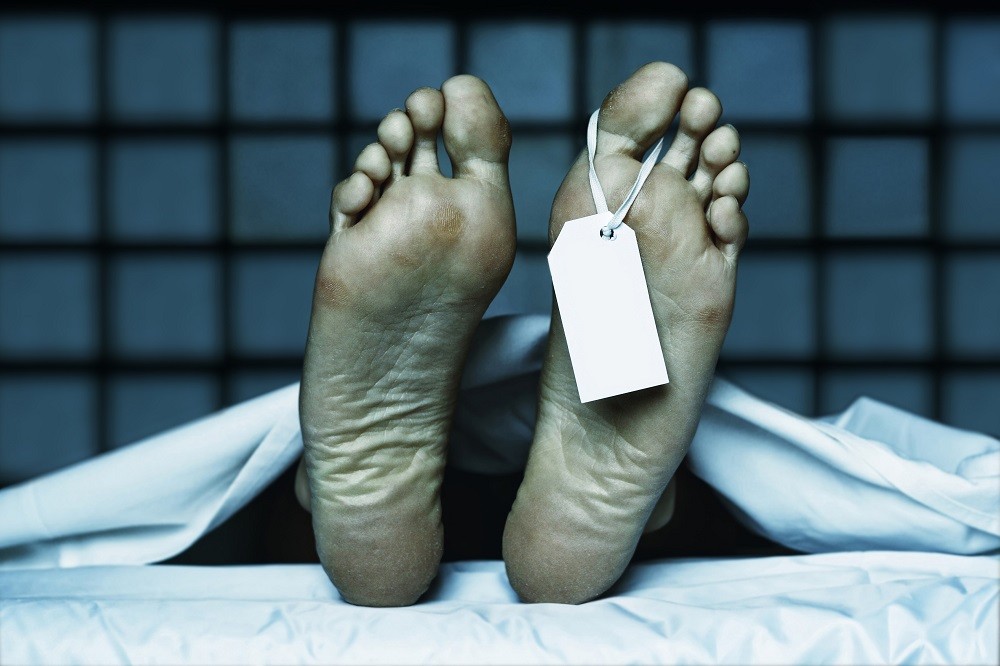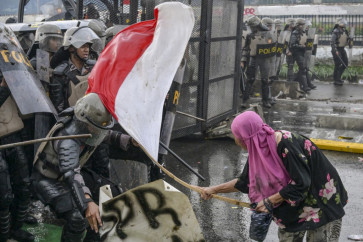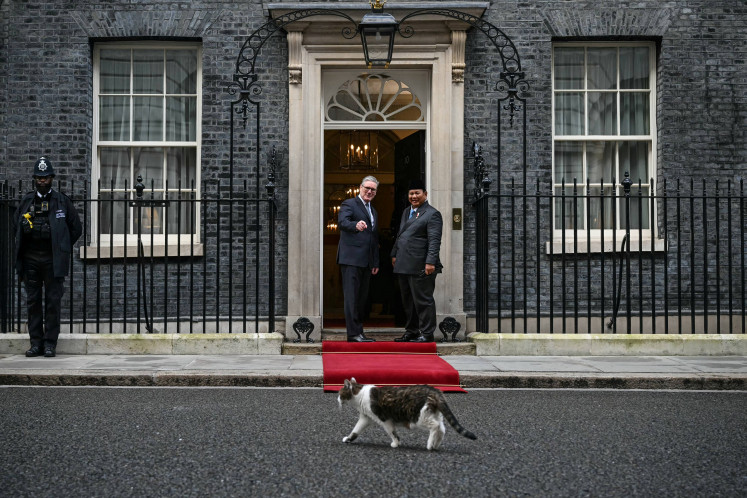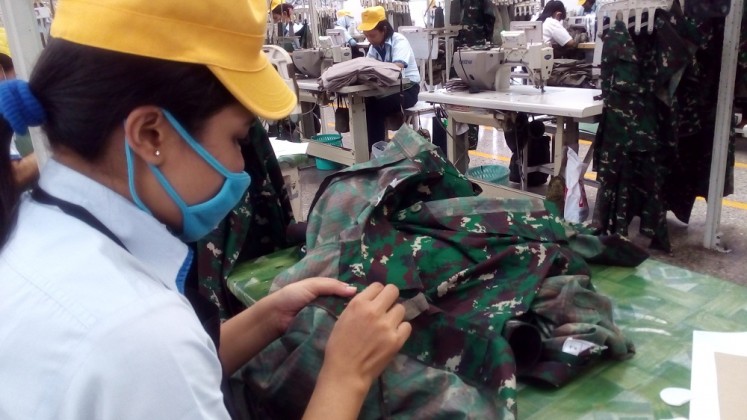Popular Reads
Top Results
Can't find what you're looking for?
View all search resultsPopular Reads
Top Results
Can't find what you're looking for?
View all search resultsArizona man dies after taking chloroquine for coronavirus
Change text size
Gift Premium Articles
to Anyone
A
n Arizona man has died and his wife is in critical condition after they ingested chloroquine phosphate - an aquarium cleaning product similar to drugs that have been named by President Trump as potential treatments for coronavirus infection.
The couple, in their 60s, experienced immediate distress after swallowing the drug, an additive used at aquariums to clean fish tanks, according to Banner Health Hospital in Phoenix.
Chloroquine phosphate shares the same active ingredient as malaria drugs that President Trump has touted as possibly effective against COVID-19, the potentially life-threatening disease caused by the coronavirus.
On Saturday, Trump tweeted about the combination of hydroxychloroquine and azithromycin, saying it had “a real chance to be one of the biggest game changers in the history of medicine.”
The nation’s top infectious disease expert, Anthony Fauci, played down that claim, saying the therapy must be tested to assure its safety and efficacy.
"Chloroquine, a malaria medication, should not be ingested to treat or prevent this virus," Banner Health said in a statement on Monday.
The new coronavirus, which causes the highly contagious COVID-19 respiratory illness, emerged in December in Wuhan, China and has spread throughout the world.
There are currently no vaccines or treatments approved for the disease, but researchers are studying existing treatments and working on experimental ones. At the moment, most patients can only receive supportive care.
“Given the uncertainty around COVID-19, we understand that people are trying to find new ways to prevent or treat this virus, but self-medicating is not the way to do so,” said Dr. Daniel Brooks, Banner Poison and Drug Information Center medical director.
Brooks urged the medical community to not prescribe chloroquine medication to any non-hospitalized patients.
“The last thing that we want right now is to inundate our emergency departments with patients who believe they found a vague and risky solution that could potentially jeopardize their health.”










